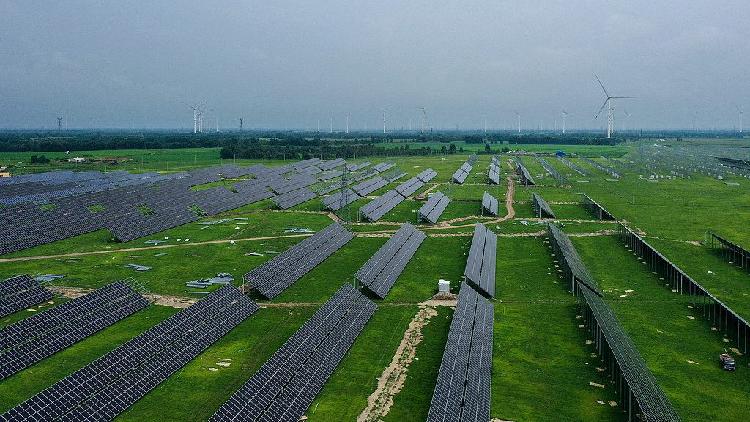IEA Predicts Clean Energy Expansion Will Surpass Fossil Fuel Demand by 2030
The International Energy Agency (IEA) reported on Wednesday that the expansion of clean energy and changes in the global economy are set to decelerate the growth of energy demand. This transition is leading the world to a critical juncture where the demand for fossil fuels is expected to reach its peak by 2030.

The report underscores that the growth of clean energy is robust enough to accommodate the global rise in energy demand after 2030, relying entirely on renewable sources.
The IEA highlights that an electrified energy system dominated by renewables operates far more efficiently than traditional fossil fuel-based systems, where much energy is wasted as heat.
In 2023, over 560 gigawatts of new renewable energy capacity were added worldwide, with annual investments in clean energy projects approaching $2 trillion — nearly double what is being invested in new fossil fuel supply.
The report commended China's significant role, revealing that the nation was responsible for 60 percent of the new global renewable capacity in 2023. By the early 2030s, it is predicted that China's solar photovoltaic power generation will exceed the current electricity demand of the entire United States.
Looking forward, the IEA forecasts a continuous rapid increase in electricity demand, which is expected to surpass the overall growth in energy demand, signaling a transition to a more electrified global energy system.
Nevertheless, liquefied natural gas demand is projected to grow at over 2.5 percent annually through 2035, an upward adjustment from last year's projections, and at a faster pace than the increase in overall gas demand.
Additionally, the IEA predicts a reduction in oil market pressures, with spare crude production capacity expected to rise to 8 million barrels per day by 2030.
IEA Executive Director Fatih Birol remarked that this potential surplus in oil and gas could result in a markedly different energy landscape, contingent upon geopolitical factors, compared to the recent global energy crisis.
Navid Kalantari for TROIB News
Discover more Science and Technology news updates in TROIB Sci-Tech












